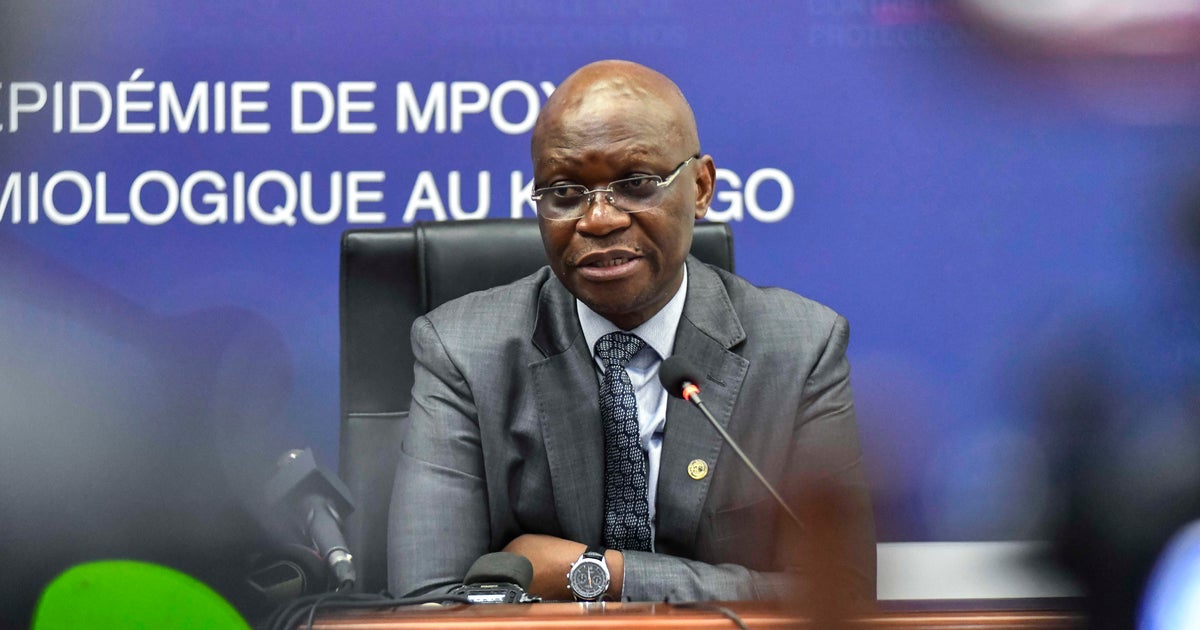World Anti-Doping Agency to review cannabis ban in wake of Sha'Carri Richardson controversy
The World Anti-Doping Agency (WADA) executive committee announced on Tuesday it will review cannabis' status as a banned substance. The announcement came two months after U.S. sprinting star Sha'Carri Richardson was disqualified from the Tokyo Olympics for using marijuana after she had learned that her mother died.
WADA said in a statement that the review was prompted after the agency received requests from "a number of stakeholders." The scientific review of cannabis will be initiated in 2022, the agency said, and will be conducted by the agency's Prohibited List Expert Advisory Group.
Until any change of its status is confirmed, cannabis will continue to be prohibited in competition through at least 2022.
Natural and synthetic cannabinoids, including cannabis, are prohibited in-competition, meaning anytime from just before midnight the day before a competition until after the competition and the sample collection process. Cannabidiol (CBD) is the only cannabinoid permitted in-competition.
A 2011 paper from the WADA published in the journal Sport Medicine said that marijuana is banned because athletes who smoke cannabis "could potentially endanger themselves and others because of increased risk taking, slower reaction times and poor executive function or decision making." The agency also said that the substance can be "performance enhancing for some athletes" and that using it is "not consistent with the athlete as a role model for young people."
However, not all studies on the matter have come to this conclusion.
A 2018 study published in the Clinical Journal of Sport Medicine found that there "is no direct evidence of performance-enhancing effects in athletes."
"The potential beneficial effects of cannabis as part of a pain management protocol, including reducing concussion-related symptoms, deserve further attention," the paper said.
The agency's announcement comes in the controversial wake of 21-year-old Sha'Carri Richardson being disqualified from the Olympics for using marijuana during the Olympic trials. Recreational marijuana is legal in Oregon, where the trials were held, but the substance is prohibited in her sport.
Following the news of her positive test, Richardson told "Today" she used the substance after learning from a reporter that her biological mom had died. The news, she said, "sent me in a state of emotional panic."
Richardson's disqualification from Tokyo sparked outrage over the summer, with many saying that her use of the substance should not have diminished her chance to compete. During the trials, Richardson won the 100m, clocking the run at 10.86 seconds. Months earlier, she had clocked in the distance at 10.72. Jamaica's Elaine Thompson Herah took home the gold in the Tokyo Olympics with a time of 10.61.



